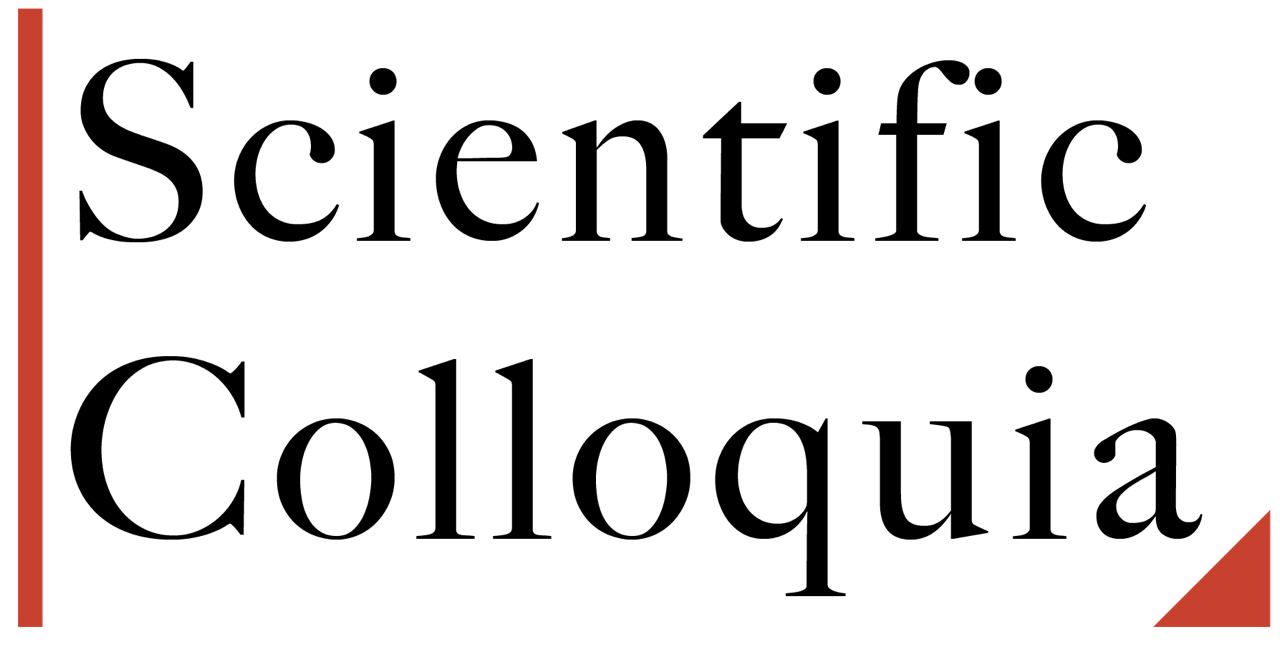
Control Theory & Robust Distributed Optimization: Some Insights
21 March 2024 - 2:30 pm CET | Thomas Parisini, Full professor and Head of the Control and Power Research Group at the Imperial College London, United Kingdom
Abstract: This lecture deals with two distributed optimization problems in which solution methods and tools are enabled by a control theory approach, namely distributed consensus optimization and distributed global minimum sharing. We aim to shed light on control theory as a key enabling approach to devise robust and uniform stability properties in distributed optimization. In the first problem, we revisit an algorithm for distributed consensus optimization proposed in 2010 by J. Wang and N. Elia. By means of a Lyapunov-based analysis, we prove input-to-state stability of the algorithm relative to a closed invariant setcomposed of optimal equilibria and with respect to perturbations affecting the algorithm’s dynamics. We unveil fundamental connections with the well-knownGradient Tracking and with distributed integral control. In the second problem, distributed minimum sharing, a set of decision-makers compute the minimum of some local quantities of interest in a distributed and decentralized way by exchanging information through a communication network. We propose an adjustable approximate solution which enjoys several properties of crucial importance in applications. Specific application contexts are illustrated first. The analysis shows that the proposed solution has good decentralization properties, and it is scalable in that the number of local variables does not grow with the size or topology of the communication network. Moreover, a global and uniform (both in the initial time and in the initial conditions) asymptotic stability result is provided towards a steady state which can be made arbitrarily close to the sought minimum. Exact asymptotic convergence can be recovered at the price of losing uniformity with respect to the initial time. Again, these important properties are obtained via a control theory approach. A real industrial use case is described in the metal industry sector.
Short bio: Thomas Parisini received the Ph.D. degree in Electronic Engineering and Computer Science in 1993 from the University of Genoa. Prior to his position at Imperial College, he was with Politecnico di Milano. He is a Deputy Director of the KIOS Research and Innovation Centre of Excellence, University of Cyprus. Since 2001 he is also Danieli Endowed Chair of Automation Engineering with University of Trieste. In 2009-2012 he was Deputy Rector of University of Trieste. In 2023 he received from the Italian President of the Republic the Knighthood of the Order of Merit of the Italian Republic for scientific achievements abroad. In 2018 he received an Honorary Doctorate from University of Aalborg, Denmark. He holds a "Scholar-in-Residence" visiting position at Digital Futures-KTH, Stockholm, Sweden. He authored or co-authored a research monograph in the Communication and Control Series, Springer Nature, and over 400 research papers in archival journals, book chapters, and international conference proceedings. Prof Thomas Parisini is world leader in the analysis and design of fault-diagnosis and cyber-attack detection in nonlinear distrubuted control systems and their application to large-scale networked systems such as critical infrastructures. He is also world leader in distributed estimation and use of functional approximation for optimal control of nonlinear stochastic systems and lately in the development of digital twins in cyber-physical systems and in the process industry, especially in the metal processing with a track record of success stories on actual steel and aluminum rolling mills in the United States. Prof Parisini is a co-recipient of the IFAC Best Application Paper Prize of the Journal of Process Control, Elsevier, for the three-year period 2011-2013 and of the 2004 Outstanding Paper Award of the IEEE Trans. on Neural Networks. He is also a recipient of the 2007 IEEE Distinguished Member Award. In 2016, he was awarded as Principal Investigator at Imperial of the H2020 European Union flagship Teaming Project KIOS Research and Innovation Centre of Excellence led by University of Cypruswith a budget of over 40 MEuro. Thomas Parisini has served as the 2021-2022 President of the IEEE Control Systems Society and during 2009-2016 he was the Editor-in-Chief of the IEEE Trans. on Control Systems Technology. Since 2017, he is Editor for Control Applications of Automatica and since 2018 he is the Editor in Chief of the European Journal of Control. Among other activities, he was the Program Chair of the 2008 IEEE Conference on Decision and Control and General Co-Chair of the 2013 IEEE Conference on Decision and Control. Prof. Parisini is a Fellow of the IEEE and of the IFAC.
Where: Società dei Naturalisti, Via Mezzocannone 8, 80134 Napoli NA. The colloquium will be also broadcast online, on Zoom.
How to join online: https://us02web.zoom.us/j/84640651456?pwd=TlpSNkZKK25MVkxFdngySm1HZTh4QT09
Meeting ID: 846 4065 1456
Passcode: 656302
How to join online: https://us02web.zoom.us/j/84640651456?pwd=TlpSNkZKK25MVkxFdngySm1HZTh4QT09
Meeting ID: 846 4065 1456
Passcode: 656302
- Programma
- Ospite
- Participante
- Previsione
- Commenti
I dati meteorologici non sono attualmente disponibili per questa località
Bollettino meteorologico
In corso stec_replace_today_date
stec_replace_current_summary_text
stec_replace_current_temp °stec_replace_current_temp_units
Vento stec_replace_current_wind stec_replace_current_wind_units stec_replace_current_wind_direction
umidità stec_replace_current_humidity %
Sente-se como stec_replace_current_feels_like °stec_replace_current_temp_units
Previsione
Data
Clima
Temperatura
Next 24 Hours
Offerto da openweathermap.org
